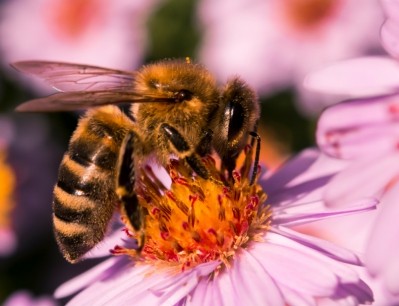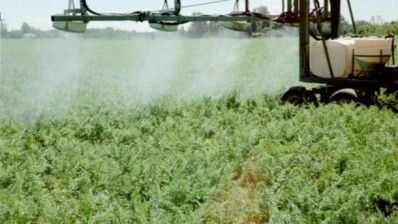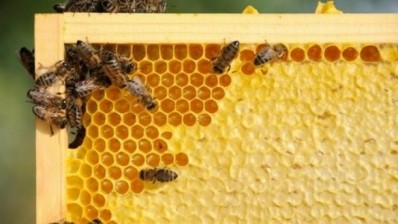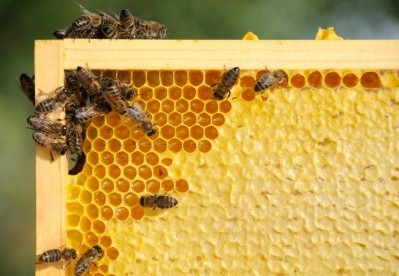EU pesticide ban will block 'profitable' vegetable oil crushing, says Raisio

Plant-based nutrition specialist Raisio today warned that adjustments carried out to itsoil milling business last winter - coupled with and investments in production efficiency and flexibility - will not be enough to secure profitable business given the new situation brought about by the pesticide ban.
Raisio said ithasstarted co-operation negotiations on financial and production-related grounds for the re-evaluation of the factory capacities and possible closure of operations.
Negotiations concern 15 employees, the company said - adding that the EU’s decision to ban the use of neonicotinoids will jeopardise the availability of Finnish seed, while the crushing of imported seed is not economically feasible.
Cultivation drop
The Finnish firm said that the current crop season has seen oilseed plants have grown on an estimated 50,000 hectares in Finland - less than a third of the estimated 160,000 hectares under cultivation three years ago.
The 2013 oilseed harvest is expected to reach 80,000 tonnes, which does not allow profitable oil milling industry, said Raisio in a stock exchange release.
The impending ban on neonicotinoids has seen the estimated oilseed cultivated area continue to decline significantly, it warned.
Ban appeal
Both Bayer and Syngenta - two makers of neonicotinoid pesticides - have brought legal cases that appeal the EU ban before the Court of Justice of the European Union.
“The Commission took the decision on the basis of a flawed process, an inaccurate and incomplete assessment by [EFSA] and without the full support of EU Member States,” said Syngenta.
"We would prefer not to take legal action but have no other choice given our firm belief that the Commission wrongly linked thiamethoxam to the decline in bee health," said Syngenta chief operating officer John Atkin in a statement. " In suspending the product, it breached EU pesticide legislation and incorrectly applied the precautionary principle."
























